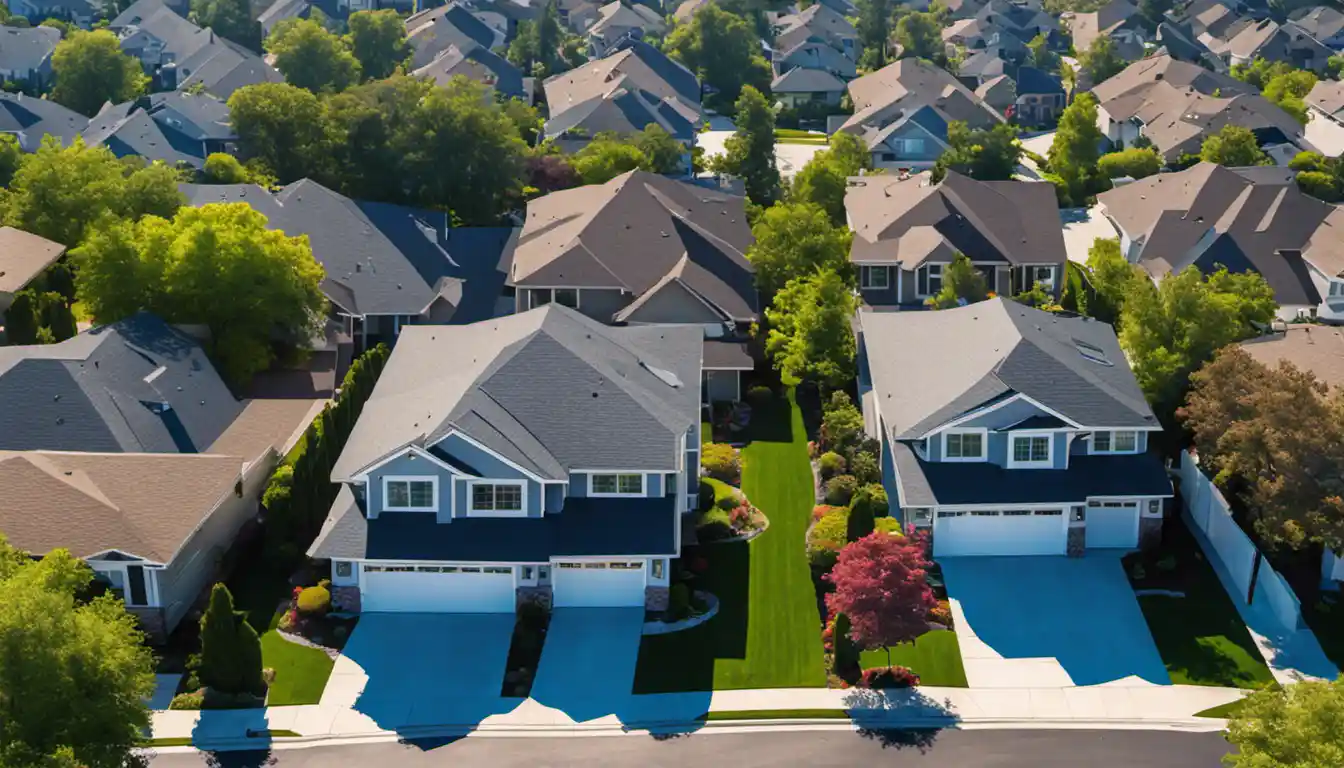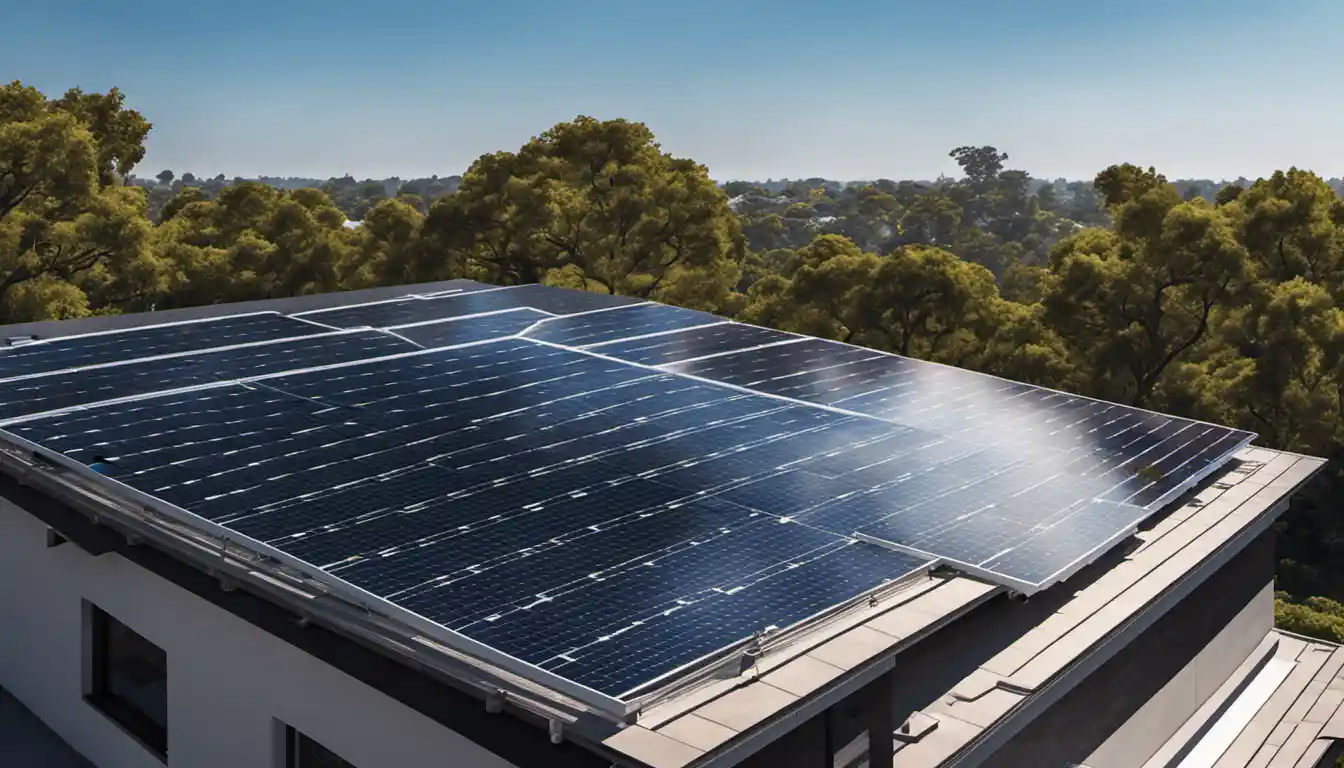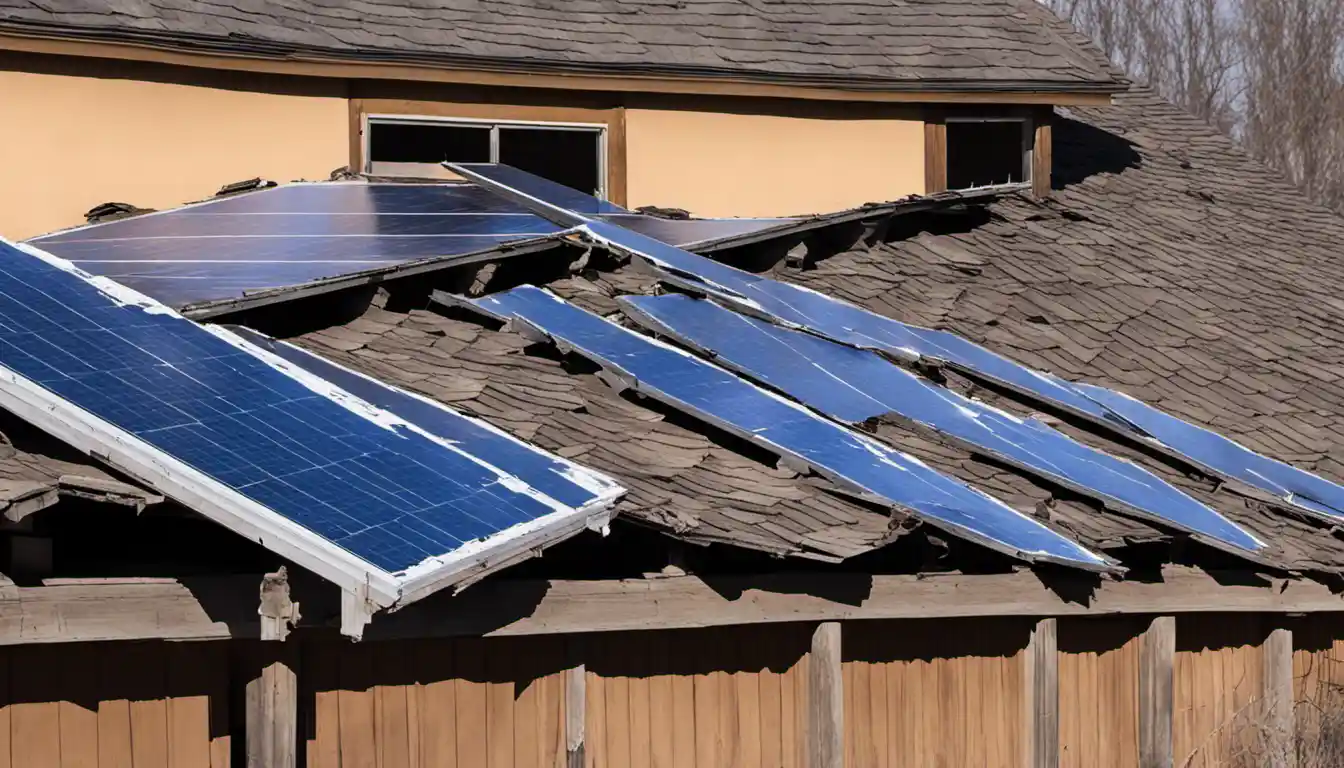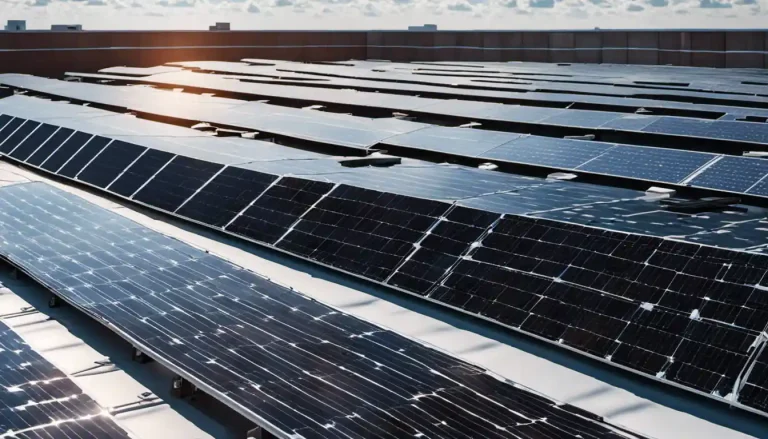Understanding Solar Panel Ownership Structures
Whether you should buy a house with leased solar panels largely depends on the terms of the lease and your personal preferences. Make sure to review the lease agreement, monthly payments, and any maintenance obligations. They may potentially save you on electricity costs, but you might face issues if you decide to sell the house before the lease expires.
Buying a House with Fully Owned Solar Panels
Investing in a house with fully owned solar panels can be an excellent move. These systems can offer significant savings on energy bills and reduce a home’s carbon footprint. Additionally, they can add significant resale value to your property, making it a highly attractive feature for future prospective buyers.
See also: How Does a Solar Lease Work? An Ultimate Guide to Understanding Solar Leases
Buying a House with Leased Solar Panels
On the other hand, leased solar panels present a different situation. While they still deliver the same eco-friendly benefits like saving on utility costs, they may come with a few challenges. Although solar leasing companies generally handle the maintenance and repair of the panels, which is a plus, the downside is that you are not eligible for any state or federal solar incentives. The leasing company gets to claim those.
Reasons to Consider a House with Solar Panels
Lower Home’s Carbon Emissions
Regardless of whether the solar panels are owned or leased, these systems present a great way to participate in the global effort to reduce carbon emissions. According to the U.S. Energy Information Administration, residential homes in the U.S. emitted over 1,040 million metric tons of carbon dioxide in 2019. By choosing a house with solar panels, you play a part in lowering this number.
Savings on Utility Bills
As an experienced solar energy expert, I’ve seen how solar energy can translate to significant savings. As they generate electricity, solar panels offset the amount of energy you need to draw from the grid, which can dramatically shrink your utility bills.
Boost in Resale Value
Solar homes are in high demand. According to the National Bureau of Economic Research, homeowners can expect a 3-4% higher resale value after installing solar panels, and homes with solar panels sell more quickly compared to those without.
Key Factors to Evaluate When Buying a House with Leased Solar Panels

Level of Sun Exposure Your Roof Will Get
Ensuring the property gets enough sun exposure is an essential factor to consider as it affects the efficiency and the output of the solar panels. Make sure the house has a south-facing roof with minimal shading for optimal solar exposure.
The Maintenance Requirements of the Solar Panels
Typically, leased solar panel contracts include maintenance and repairs as part of the agreement. However, it’s essential to confirm this detail and understand what your responsibilities will be.
The Possibility of Obtaining a Mortgage for a House with Solar Panels
Some lenders may hesitate to finance homes with leased solar panels. A chat with your mortgage broker about the implications of buying a house with leased solar panels can save potential headaches further down the line.
Further Details Related to Leased Solar Panels
The Age of the Solar Panels and their Performance Output
The age and type of the solar panels should factor into your decision. As solar panels age, their efficiency can decrease, impacting your potential savings. Ask to review the system’s performance data and maintenance records.
The State of the Roof Underneath the Panels
Make sure to ask about the age of the roof before purchasing a property with solar panels. It may need replacing before the end of the panel’s working lifespan. If this is the case, you’ll need to remove and then reinstall the panels when new roofing is added, which can be expensive.
The Company that Installed the Solar Panels

Research the company that installed the panels. A reputable installer likely means quality workmanship, reducing the chance of potential issues in future.
Understanding The Financial Aspects Of Leased Solar Panels
Differences Between Solar Loans and Financing
Buying a house with leased solar panels presents a different financial landscape than a home with fully owned panels. For an in-depth look at this, read through our comprehensive guide on how solar leases work.
Insight into Resale Value
Reselling a home with leased solar panels can be challenging. New owners will either need to take over the lease or you’ll have to buy out the remaining lease—which can be expensive.
Cost-Benefit Analysis of Having Solar Panels
Do you ever wonder what happens if I buy a house with leased solar panels? Well, let me bring clarity to you. One of the first things you should do when faced with this situation is to ask for past utility bills. This helps you to compare what the current house owners are paying for the lease and their utility bills combined versus what you’d be paying for utility bills without solar panels.
The Reality of Saving Money with Solar Panels
The claim that you’ll always save money with solar panels isn’t always true. This is especially the case for leased panels since you’ll pay a monthly fee for the lease, even if the sun isn’t shining.
Solar Panels and House Maintenance
Roof Replacement Scenarios with Solar Panels

When it comes to roof maintenance or replacement, solar panels can complicate the process. They need to be removed and reinstalled, adding to the overall cost. This should be considered if a roof is nearing its end of life.
Transferability of Solar Panel Leases
If you decide to move before your solar panel lease is up, you’ll need to transfer the lease to the new owners, or buy out the remaining lease.
Making the Decision to Buy a House with Leased Solar Panels
Weighing the Environmental Benefits
When asking yourself should I buy a house with leased solar panels? Remember to consider the environmental impact. This could be a big win in preserving the environment for future generations.
Analyzing Financial Benefits and Potential Costs
Angling a balance between the financial benefits and the possible costs is essential. Dig deep into the leasing costs, installation company’s reputation, roof status, and potential resale value.
Consideration of Your Energy Independence
Solar panels – even leased ones – will provide you with more energy independence. You won’t rely as much on the grid, and generally, the sun’s energy is free, unlike utility prices which can fluctuate.
Protection Against Rising Utility Rates
Solar panels provide a degree of protection against rising utility rates. Although less predictable with leased panels, they still offer more stability compared to utility rates.
The question of should I buy a house with leased solar panels depends on a lot of factors which blend together your financial position, long-term plans, and green ethos.
Just like any investment, it comes down to personal circumstances and preferences. Research thoroughly and weigh your options before making your decision. The journey to green energy isn’t without its speed bumps, but by treading carefully and making informed decisions, the path becomes a bit smoother.



